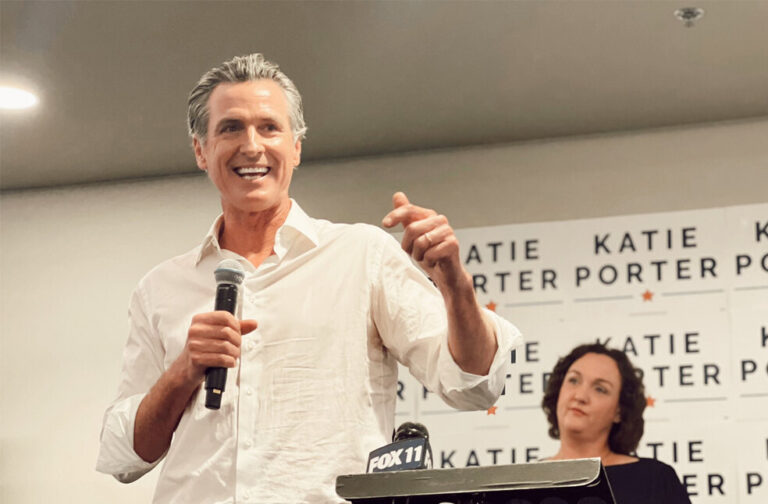California: California Governor Gavin Newsom had vetoed a landmark ‘AI safety bill’ that aimed to regulate the use of artificial intelligence (AI) technologies within the state. The bill, sought to implement stringent transparency and accountability measures for companies developing and deploying AI systems.
The bill mandated regular audits, risk assessments, and data privacy protections to ensure that AI technologies are used ethically and do not contribute to biases or harm.
In his statement, Newsom stated that, the bill “does not take into account whether an Al system is deployed in high-risk environments, involves critical decision-making or the use of sensitive data, instead, the bill applies stringent standards to even the most basic functions – so long as a large system deploys it.”
Senator Scott Wiener, who authored the bill, said that, the veto allows companies to continue developing an ‘extremely powerful technology’ without any government oversight. And also, the decision to veto the bill leaves AI companies with “no binding restrictions from US policy makers, particularly given Congress’s continuing paralysis around regulating the tech industry in any meaningful way.”

However, Governor Newsom expressed concerns over the bill’s broad scope and potential to stifle innovation. In his veto statement, he acknowledged the importance of AI safety but emphasized the need for a more measured approach. He urged lawmakers to work closely with industry experts and stakeholders to develop a framework that balances innovation with safety and ethical considerations.
Efforts by Congress to impose safeguards on AI have halted. OpenAI, Google and Meta were among several major tech firms that voiced opposition to the bill and warned it would hinder the development of a crucial technology.
Critics of the veto worry that without clear regulations, California risks falling behind in addressing the societal impacts of AI. They argue that proactive legislation is critical as the technology continues to evolve. Despite the setback, proponents of AI safety have vowed to continue pushing for comprehensive regulations in the future, hoping for a revised bill that could gain broader support.



